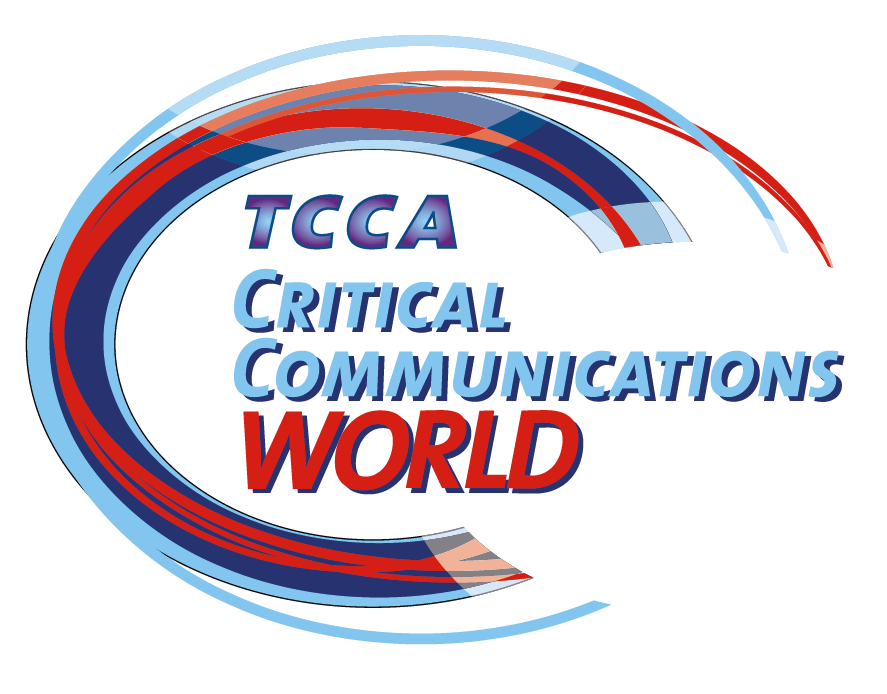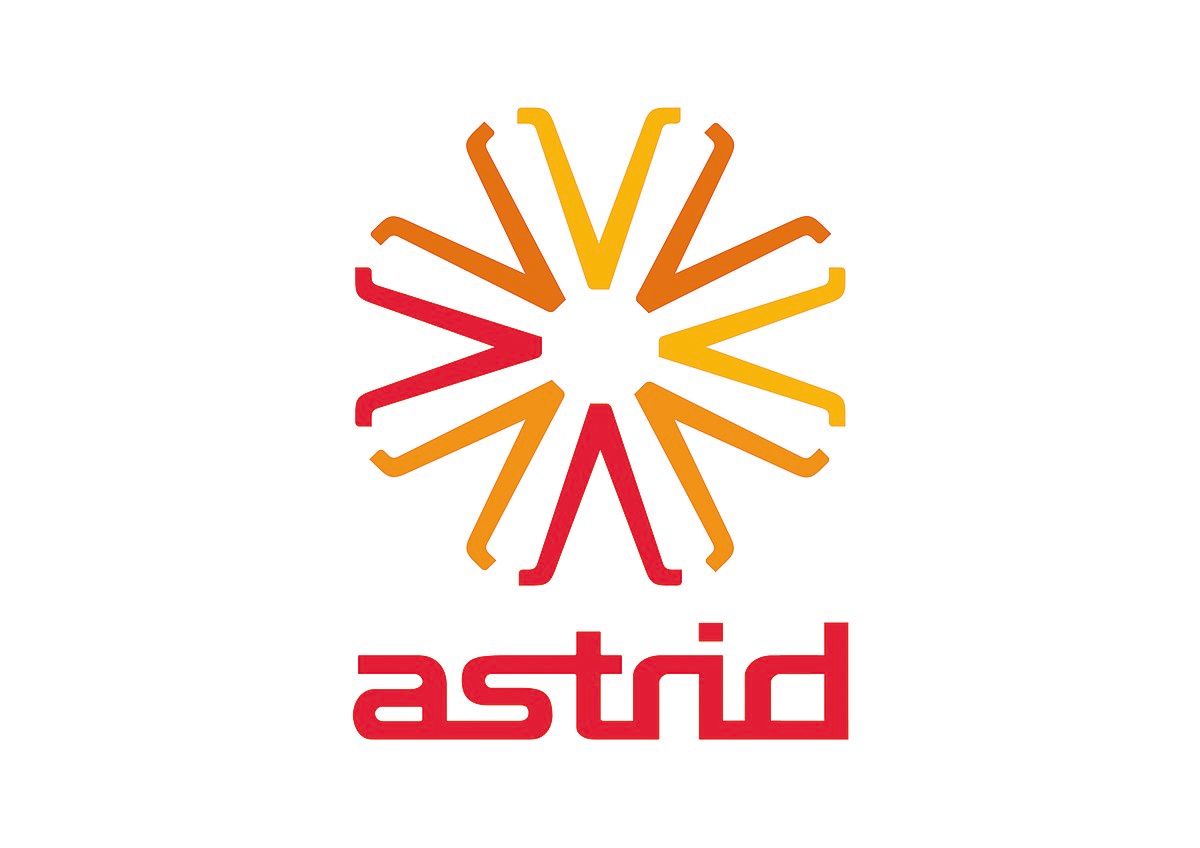The International Critical Communications Awards judging process follows a clear policy to determine the shortlist and winners. Judging decisions are made following a
rigorous process, in line with the judging principles and guidance outlined below.
If a conflict of interest is perceived, a judge will not be permitted to judge in the affected category.
The rigorous nature of the Awards judging process is key to maintaining its excellent reputation around the world.
The process for judging is as follows:
1. All submissions must be made in electronic form via the portal (www.critical-communications-world.com/iccas).
2. Following the closing date, entries are allocated to a number of judges from the panel who will independently and in isolation from one another without conferring score each category. Judges may be asked to score multiple categories.
3. Over a set period of time defined as the ‘scoring period’, judges will score each entry with one of the following scores - 0,3,5,8,10.
a. A score of 0 will be allocated for non-compliant entries.
b. A score of 3 is for those that nearly met the criteria but not quite.
c. A score of 5 is given to those entries that did meet the criteria.
d. A score of 8 is for an entry that demonstrates additional value.
e. A score of 10 allocated for those entries considered to be outstanding.
4. At the end of the scoring period the scores from each judge will be sent to the ICCA admin team.
5. All scores will be added up by a member of the ICCAs admin team.
6. The top 60-70% (depending on the number of entries submitted) scoring entries will be shortlisted. The shortlists will be published within 10 working days of the scoring period closing, and those shortlisted promoted by the ICCA admin team
7. Following the shortlisting, scoring is reviewed to determine the winner and any highly commended entries. These will be announced at the ICCAs event at Brussels Marriott Hotel Grand Place on Tuesday 17 June 2025.





)
)
)
)
)
)
)
)
)
)
)
)
)
)
)
)
)
)
)
)
)
)
)
)
)
